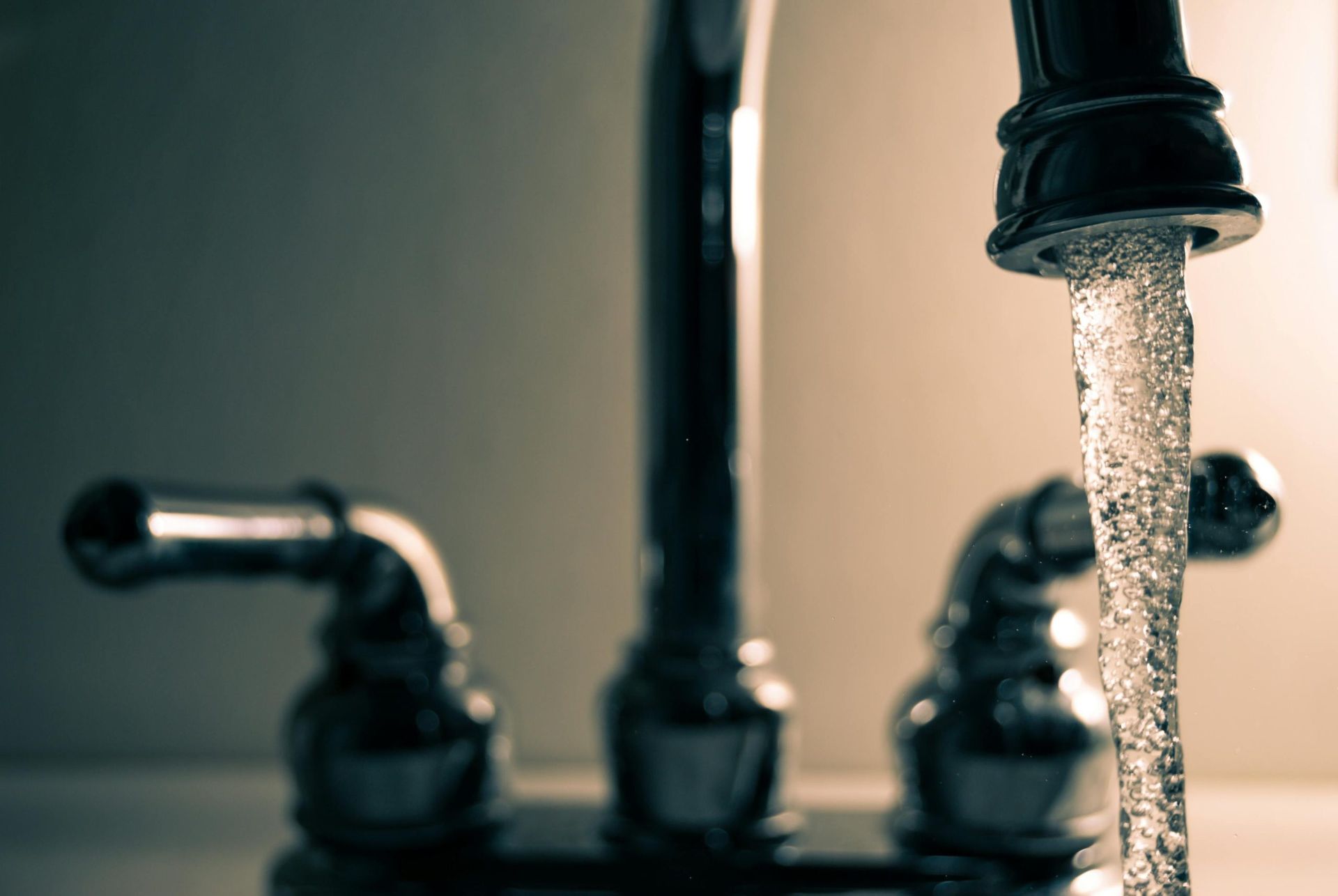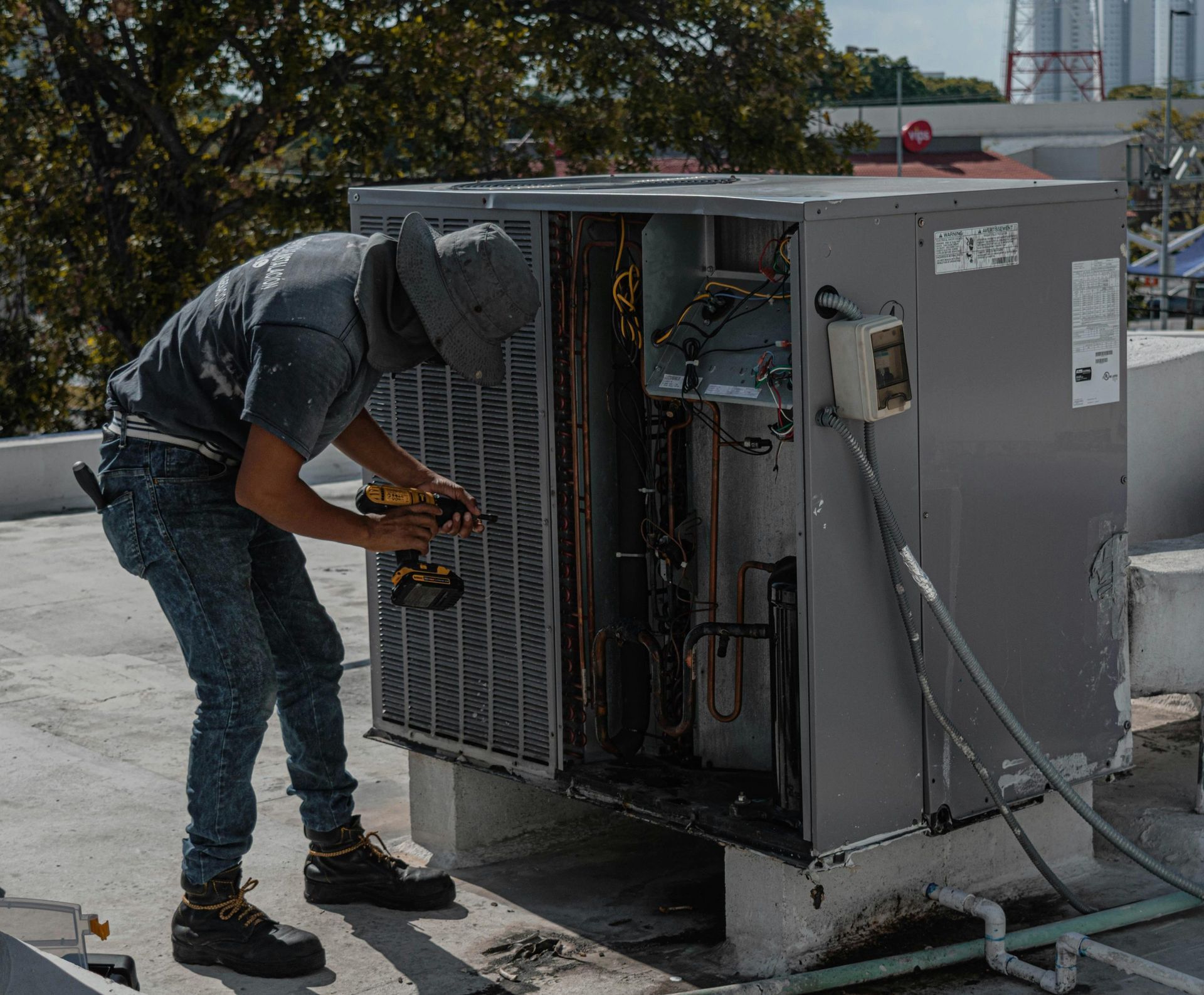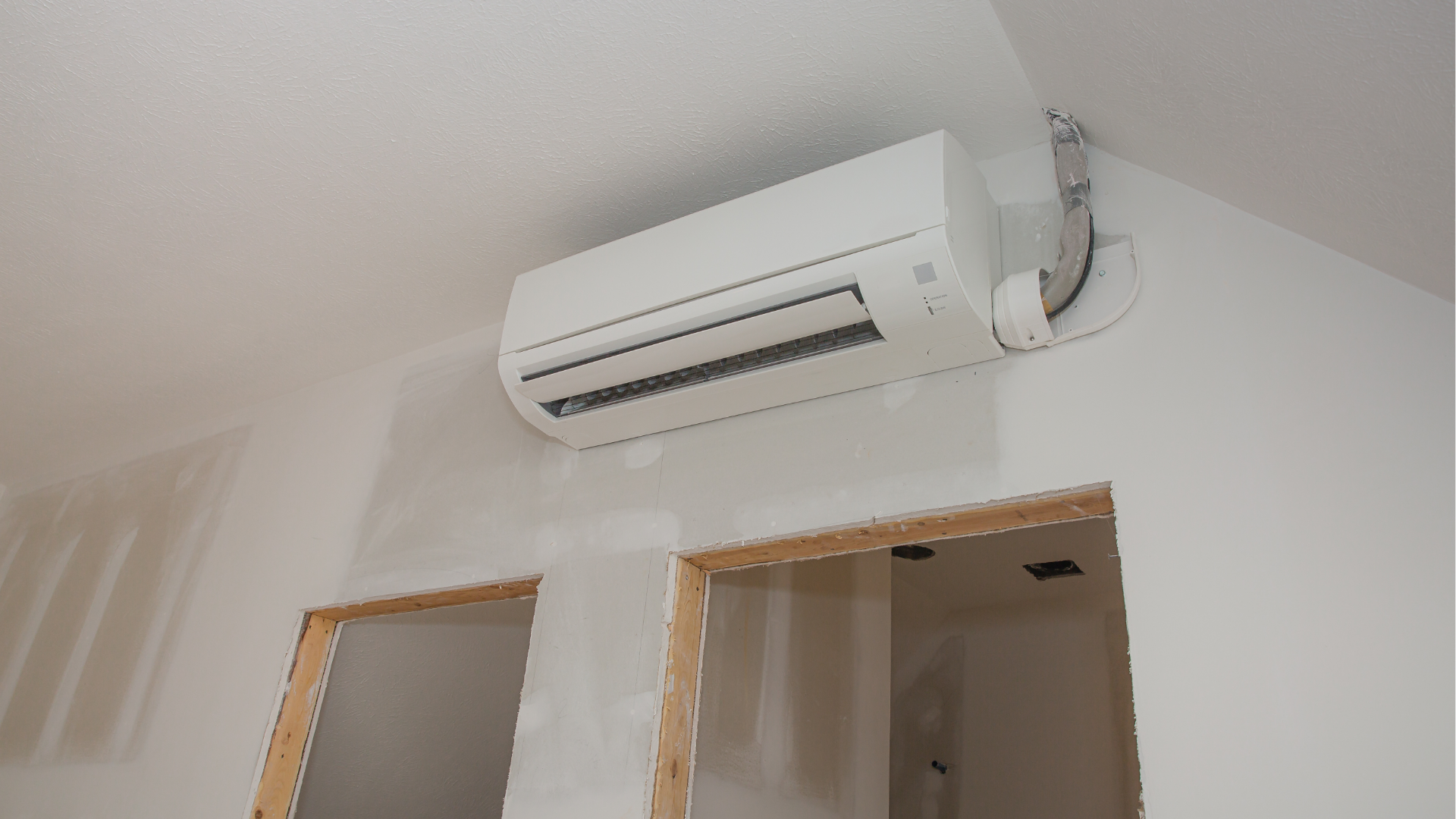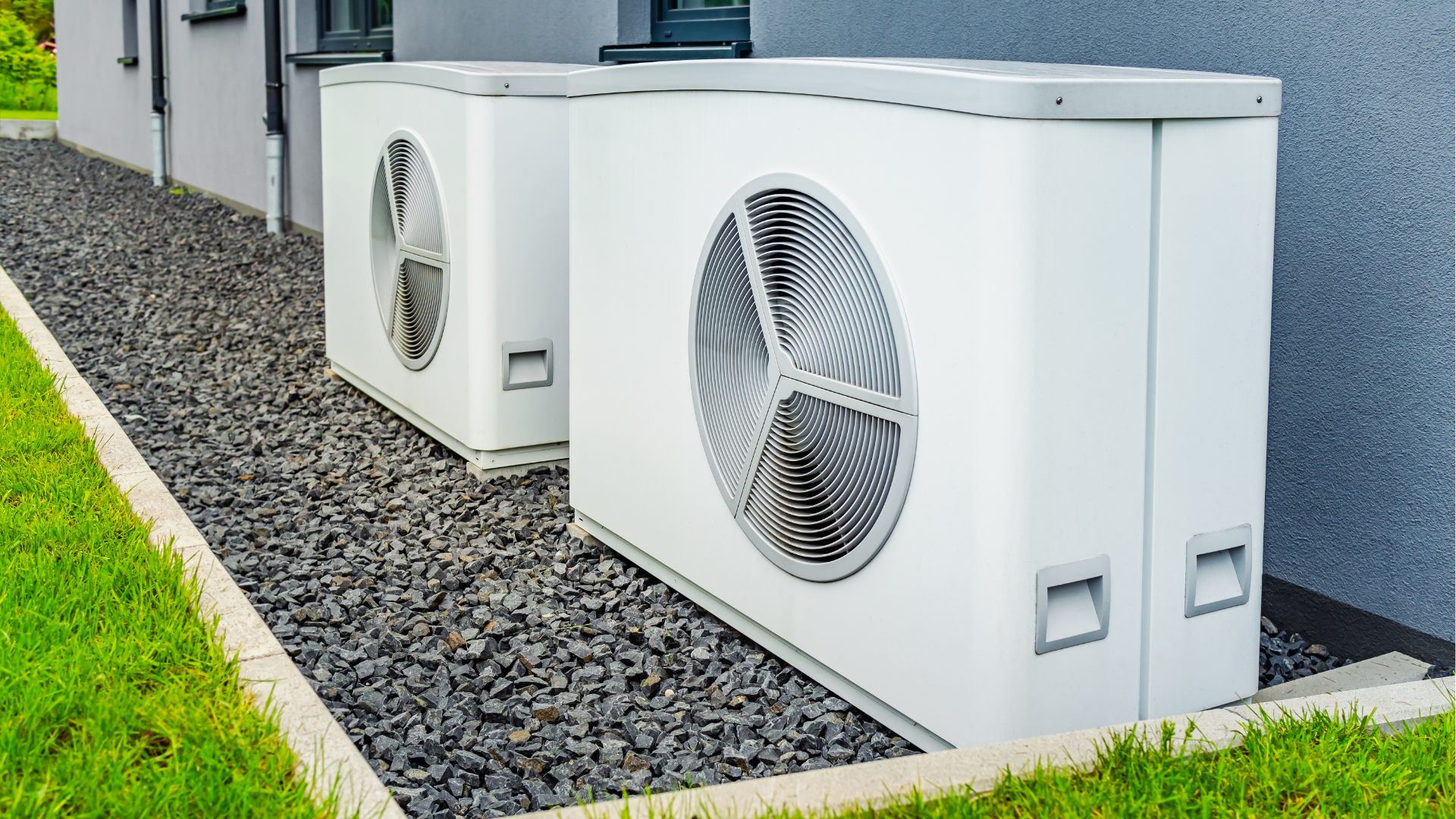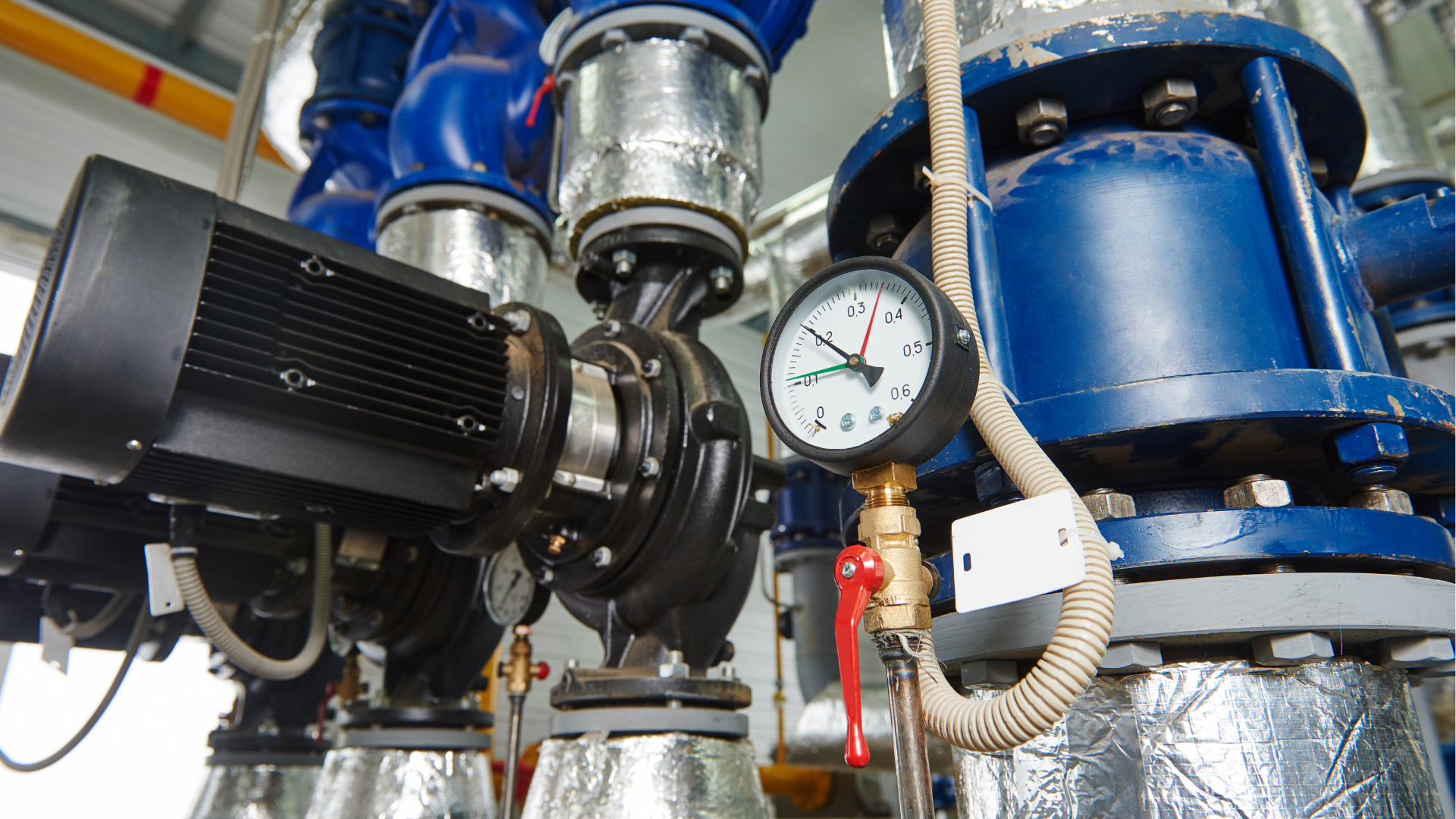5 Signs Your Water Softener System Needs Professional Repair
5 Signs Your Water Softener System Needs Professional Repair
If your dishes are covered in cloudy spots, your skin feels dry after every shower, or your laundry seems stiff no matter what detergent you use, your water softener system might not be doing its job. Many homeowners rely on these systems without thinking about them—until hard water symptoms start to creep back in.
Recognizing the early signs of trouble can help you avoid long-term plumbing damage, appliance wear, and reduced water quality. Here are five signs that it’s time to schedule a professional water softener system repair.
1. Hard Water Signs Are Returning
One of the most obvious red flags is the return of the same issues your softener was installed to prevent. Watch for:
- White, chalky buildup on faucets and fixtures
- Soap that doesn’t lather easily
- Spots or film on dishes
- Dry or itchy skin after bathing
These are all signs that minerals like calcium and magnesium are no longer being filtered out properly.
2. The Water Softener Is Using Salt Too Quickly or Not at All
If you’re refilling the salt tank more often than usual, or you notice the level hasn’t dropped at all, something may be wrong with the system. This could indicate a bridging problem, where salt forms a hard crust and stops flowing, or an issue with the resin tank or brine line.
A technician can assess whether the salt is being used efficiently and whether the system is regenerating as it should.
3. Water Pressure Drops Without Explanation
A sudden drop in water pressure may point to a blockage within the softener. Over time, mineral buildup or resin bead breakdown can clog internal components and restrict water flow. If your home’s pressure changes noticeably and you’ve ruled out other plumbing problems, your softener could be to blame.
4. Strange Noises or Error Messages
Grinding, humming, or clicking sounds during the softener’s regeneration cycle may suggest mechanical issues. Many newer systems also display error codes on their digital panels. If your unit is making unfamiliar noises or showing an alert, don’t ignore it—this is your system asking for help.
5. The System Is Over 10 Years Old
Most water softeners last between 10 and 15 years. If your unit is near or past that window, ongoing repairs and declining performance may mean it’s time for a professional evaluation. In some cases, replacing an outdated system with a more efficient model could save money and improve water quality.
Why Timely Repair Matters
A malfunctioning water softener won’t just inconvenience you—it can cause scale buildup in pipes and appliances, shorten the lifespan of water heaters and dishwashers, and increase your home’s energy and water usage. Getting the system repaired now prevents bigger plumbing issues down the line.
Get Reliable Water Softener Repairs from Royal Class Service
Your water softener plays a big role in the quality of your water and the protection of your plumbing. If something seems off, don’t wait for the problem to get worse. Our team of experienced technicians can diagnose and repair your system quickly and correctly.
Call Royal Class Service today to schedule a water softener system inspection. We’ll restore your water quality and keep your home running smoothly.
Frequently Asked Questions About Water Softener System Repair
How do I know if my water softener is working properly?
You should notice softer water, which means no white buildup on fixtures, better soap lather, and fewer spots on dishes. If hard water signs return, your system may need servicing.
Can I repair a water softener myself?
While basic maintenance like checking salt levels is manageable, internal repairs should be left to a professional. Incorrect handling can cause more damage or leave the system ineffective.
What causes a water softener to stop working?
Common causes include salt bridging, resin degradation, valve malfunctions, or electrical issues. Over time, internal parts can wear out or clog, especially if the unit isn’t regularly maintained.
Is it better to repair or replace my water softener?
If your system is under 10 years old and the problem is minor, repair is usually the better option. However, older systems or frequent breakdowns may justify a replacement for better efficiency and long-term savings.
How often should I service my water softener?
Having your system professionally inspected once a year can help prevent problems. Regular maintenance helps extend its life and ensures it’s functioning at full capacity.
Recent Posts
